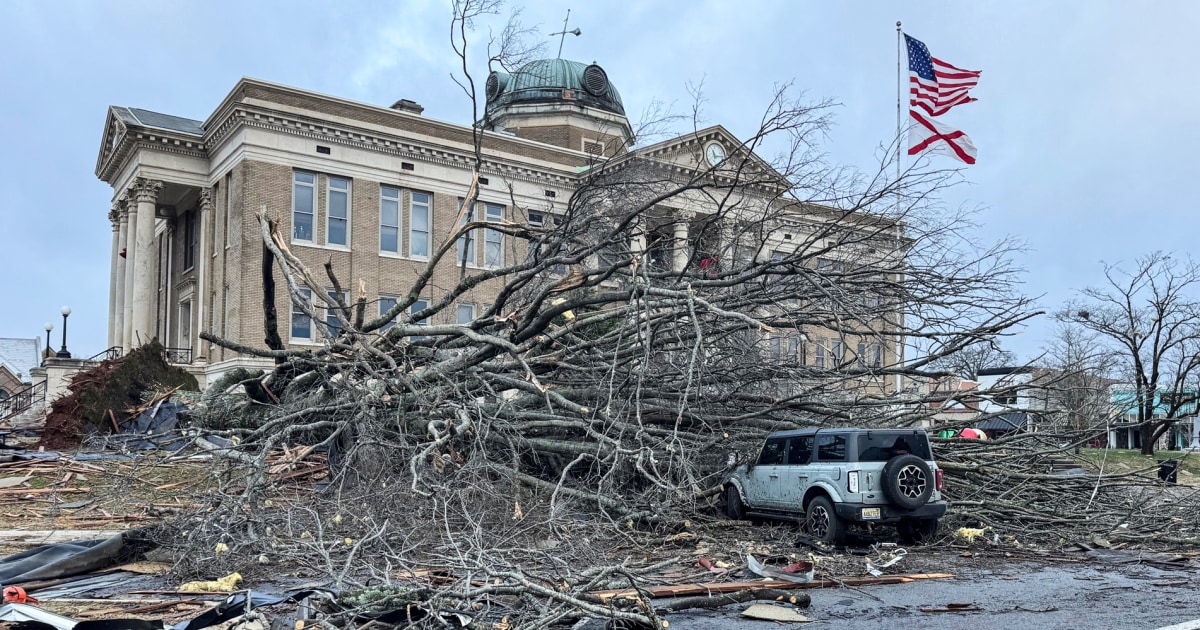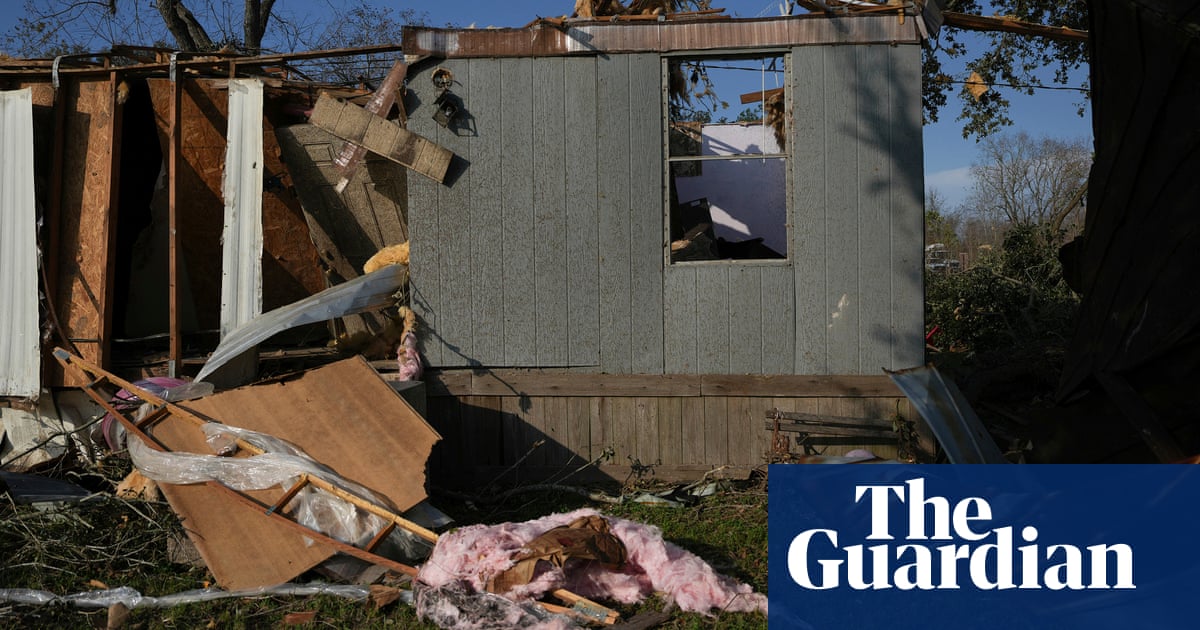Swarm of 44 Tornadoes Rips Through Southern US, 4 Killed

The Spin
Narrative A
These tornadoes should highlight climate change's effects on wind-based extreme weather. The warming atmosphere has led to more unstable low-level air, which can cause more thunderstorms and more powerful twisters. We shouldn't blame every tornado on climate change, but we should acknowledge its role.
Narrative B
It's difficult to link tornadoes to climate change due to a lack of evidence and limited tornado data reaching back just three decades. Therefore, scientists can't say whether there has been a significant change in tornado patterns. At least on the tornado issue, more research is needed without jumping to the climate change connection.
Narrative C
Tornadoes are unavoidable natural disasters whose damage can only be stymied through reinforced infrastructure in tornado-prone areas and early tornado detection. Policies to boost disaster preparedness are crucial to limiting damage once calamity strikes.
Metaculus Prediction
There's a 61.8% chance that New York City will experience a hurricane before 2030, according to the Metaculus prediction community.





